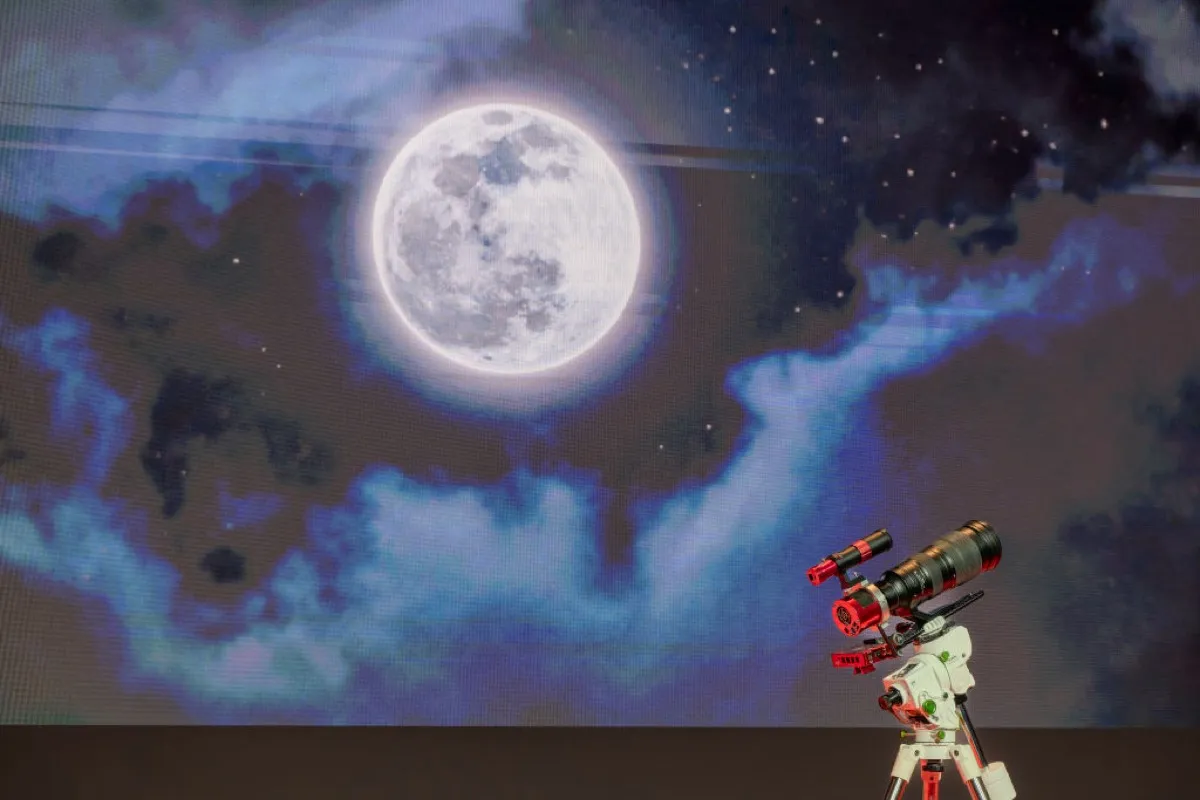To the Internet’s credit, no one seemed all that concerned about the European Space Agency’s falling satellite over the weekend, despite Fox News running a headline that it might land in your backyard and telling you who to sue. It burned up harmlessly in the atmosphere as expected—the satellite, not Fox News. Sorry.
Even if some pieces of the satellite had survived reentry into Earth’s atmosphere, we calculated that the likelihood that it would land in any specific 13 square meter (the estimate spread of the debris) location was about one in nine trillion.
You don’t need to do a bunch of math to realize how silly it was to worry it would hit anything, though. Just know that the Earth’s surface is 71% ocean, so there’s only a 29% chance that anything falling from space will hit land at all, and there’s an even smaller chance that it will land near people.
The GOCE (that’s Gravity field and steady-state Ocean Circulation Explorer) ran out of fuel in October after orbiting since 2009 to map the gravitational field of the Earth. These gravitational measurements will give us crucial information for studying ocean circulation and climate as well as magma distribution and seismic events.
You can get more information about GOCE’s mission and see images of its data maps and other sciencey stuff on the European Space Agency website.
(via Time, image via Ars Electronica)
- The United Nations is forming an asteroid warning group to save us all
- Cosmonauts took the Olympic torch on a space walk
- Luca Parmitano dresses as Superman in space, because astronauts are great








Published: Nov 11, 2013 01:33 pm